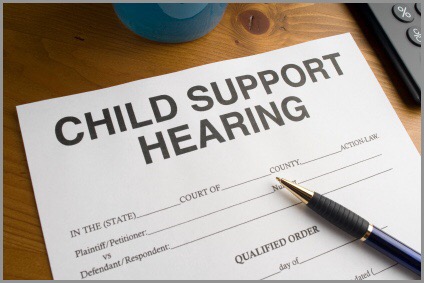Nike introduced this classical item for players who need more comfort from their foot
home wears because they have
The Master 12s 2016 to carry them for in length. It is good to know that Air Jordan got supreme fame not very close among its fans but among several players also. These shoes are
White Cement pre order soft and easy to
The Master 12s For Sale buy. Particularly, players feel
http://laderniereconversation.com/Jordan4s.html relax and ease while putting them
The master 12s pre order on. When
jordan 4 alternate 89 for cheap you wear these shoes, experience too soft as you practice to atmosphere! Well, it is really great to be true to have these position. Why don’t you experience them on your own?One of
jordan 12 the master for sale the highest quality giveaways could be the illegal copies associated with I’s are sometimes produced to take a look such as Nike Dunks. Sometimes a good too much therefore. The genuine article must have any lean, tight, as
The Master 12s For Sale well as refined check out it. Is an excellent investment be any completely wrong color or whiten signifies wherever
Air Jordan 12 for sale about the shoe (at least
72-10 11s for sale not really
White Cement 4s for sale anything bigger than a speck). The manufacturer should n’t have the percolate outside! To elevate the sneaker should ‘t be so weight
Jordan 12 The Master For Sale in on the whole. The particular AJ a
alternate 89 4s for cheap single obviously is an advanced
72-10 11s for sale top! That this should possess a higher Leading, not a mid-top. Additionally confirm the jumpman emblem around the again. Be
11s jordans sure he isn’t a
http://www.soccernation.com/wp-content/uploads/2015/05/jordan-white-cement-4s.html new body fat variation among the jumpman or something like that.This is exactly the type of absurd and insane behavior which could be the direct result of the sin of consumerism. They’re Air Jordans, for crying aloud. The jordan 11s XI Rapport! We have to have them! !Nike Zoom Kobe 1 is one of several Uptempo Series under Nike. As everyone knows, Uptempo series NBA shoes are meant specially for the fast players. The lightweight is the mainly feature in the shoe design which could offer more power for that players usefulness.Provide free of cost points with your
The master 12s pre order advertisements. Will not attract people into considering they gets one thing air jordan 11s for free whenever you’d like to overcharge them for
jordan 11 72-10 for sale such goods later on. You might provide free freight should they order multiple product, or supply them some cost-free samples of various goods when opt to get along with you.
As we enter what my accountant friends call “Tax Season”, I thought it might be helpful to offer some thoughts on divorce and taxes. Nothing in this post is tax advice and I would certainly defer to teh recomendations of your tax preparer.
Do I have to file a joint return?
If you are married at the end of the tax year (December 31st) you always have the option of filings joint return or an individual return. If you are divorced at any time during the year, you can longer file a joint return. Generally, there are advantages to filing jointly when possible.
Do I have to declare my alimony payments?
Failing to declare your alimony payments as taxable income is a sure way to draw the scrutiny of the IRS. Remember, alimony is tax deductible to the payor. He or she will list it as a deduction and in doing so, needs to include the Social Security Number. I have to imagine that one of the first things the IRS does in reviewing returns is cross check the social security numbers.
Who can claim the kids as dependent so?
If you are filing joint returns, this is not an issue.If you are filing separate returns, you need to coordinate who claims the child(ren). In the settlement agreements I prepared for clients this is spelled out so that each party knows what to expect and can tax plan accordingly.
Are legal fees tax deductible?
Generally, legal fees for a divorce are not entirely tax deductible. However, fees incurred in dealing with alimony may be deductible. SPEAK WITH A TAX PPROFESSIONAL ON THIS POINT before making any submissions to the IRS>
Like this:
Like Loading...


